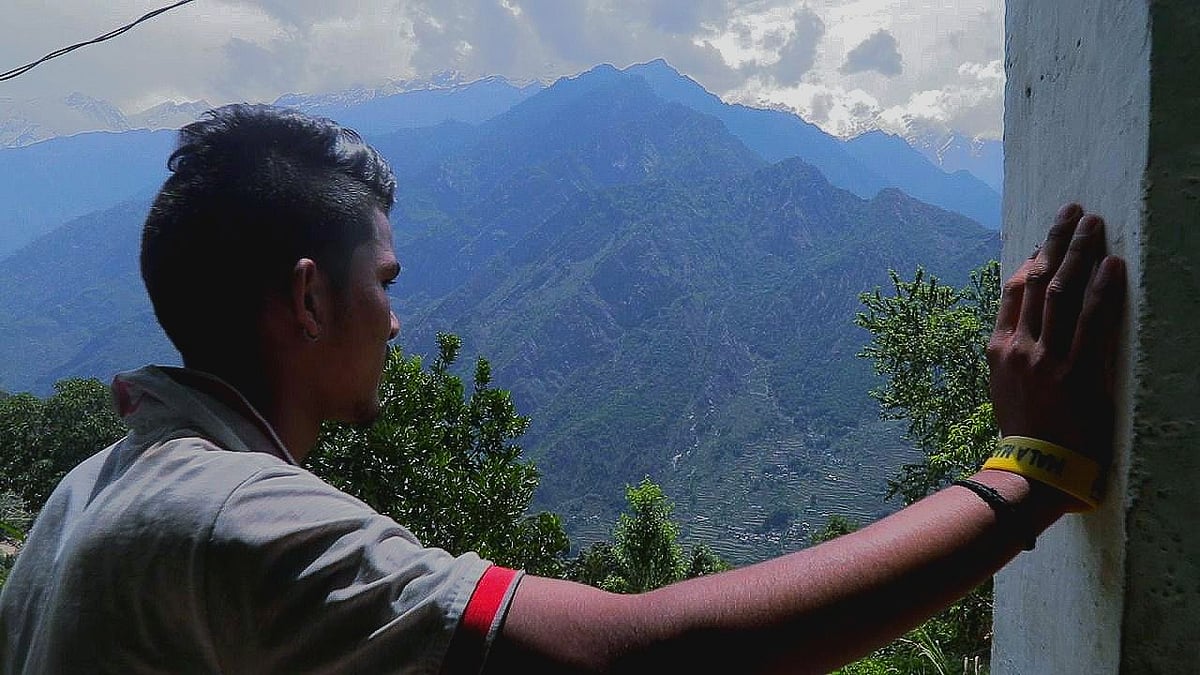In U’Khand Village Without Network, Online Classes a Distant Dream
Uttarakhand’s Jaikot village has no Indian mobile network connectivity, causing students to miss online classes.

advertisement
Video Editor: Sandeep Suman
Camera: Shiv Kumar Maurya
“If the coronavirus lockdown continues for long, we will have to drop out,” says 15-year-old Sudarshan Singh Baral, his eyes searching for that one network bar on his smartphone.
However, things weren’t always this bad for the Class-10 student from Jaikot village of Uttarakhand’s Pithoragarh district. Seeking to beat connectivity woes, he had enrolled at a school around 20 kilometres away in Dharchula town, but the coronavirus lockdown pushed him back in life.
For Baral and many like him in Jaikot, online classes are a distant dream. The village, located on the Indo-Nepal border receives no Indian mobile network, let alone internet connectivity. Villages have to instead rely on Nepali network, which is at best patchy and expensive.
A Matter of Life
For Class-12 student Leela Baral, It’s not a matter of education, but of her entire life. Back to the village from Pithoragarh town, where she was studying, Baral fears that the lack of network could cause her to miss out on online college applications.
Her education disrupted due to lack of network, Leela knows exactly what will follow. With no or little communication with teachers, Leela says she often gets stuck in difficult subjects.
(At The Quint, we question everything. Play an active role in shaping our journalism by becoming a member today.)